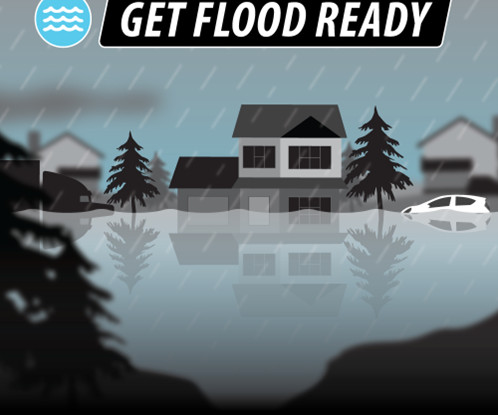Highlights from the Annual Conference of the Natural Hazards Center, July 2023
Recovery Diva
JULY 27, 2023
For many of us the annual conference of the Natural Hazards Center at the University of Colorado/Boulder was a “must attend” event for many years.














Let's personalize your content